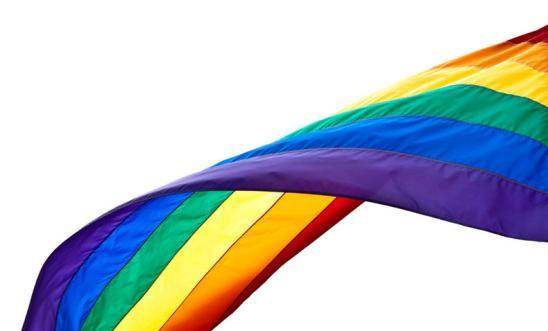
Press releases
Hong Kong: Same-sex marriage ruling ‘a moment of hope’ for LGBTI rights

Ruling does not go far enough to recognise same-sex marriage
Court saw constitutional right to marry still being exclusively for couples of the opposite-sex
‘This ruling is an important step forward and a moment of hope for Hong Kong’s LGBTI people’ - Piya Muqit
In response to the Hong Kong Court of Final Appeal’s verdict today which granted a partial victory to LGBTI activist Jimmy Sham to have his overseas same-sex marriage recognised since 2018, Piya Muqit, Amnesty International’s Director for East, Southeast Asia and the Pacific, said:
“This ruling is an important step forward and a moment of hope for Hong Kong’s LGBTI people who have long been denied equal rights due to the city’s outdated and discriminatory laws.
“Jimmy Sham’s partial victory in court is the reward for his tireless campaigning for equality and it sends a clear message to the Hong Kong government that its laws on same-sex marriage are in urgent need of reform.
“Today can be the start of a more equal society in Hong Kong, but there is still a long road ahead - it is regrettable that the Court saw the constitutional right to marry as being exclusively confined to couples of the opposite-sex.
“All laws, policies and practices that discriminate based on sexual orientation, gender identity and intersex status must be reviewed and overhauled. All marriages should be treated equally.
“Jimmy Sham’s marriage is legitimate and should be recognised as such. The verdict must be the springboard for the Hong Kong authorities to stop discriminating against people based on who they are and who they love.”
Constitutional duty
Sham, who married his partner in the USA in 2013, began his campaign for Hong Kong to recognise same-sex marriages performed overseas in 2018, arguing that current laws are unconstitutional.
Currently, Hong Kong only legally recognises ‘marriage’ as being between a man and a woman and does not recognise same-sex marriage or civil partnership or any other form of legal union. The Court ruled that the Government had a constitutional duty to provide a legal framework for same-sex relationships to be recognised and set a two-year timeline for it to provide one following further legal submissions.
Amnesty believes same-sex relationships should be recognised equally and on the same basis and with the same rights as those of opposite-sex couples.